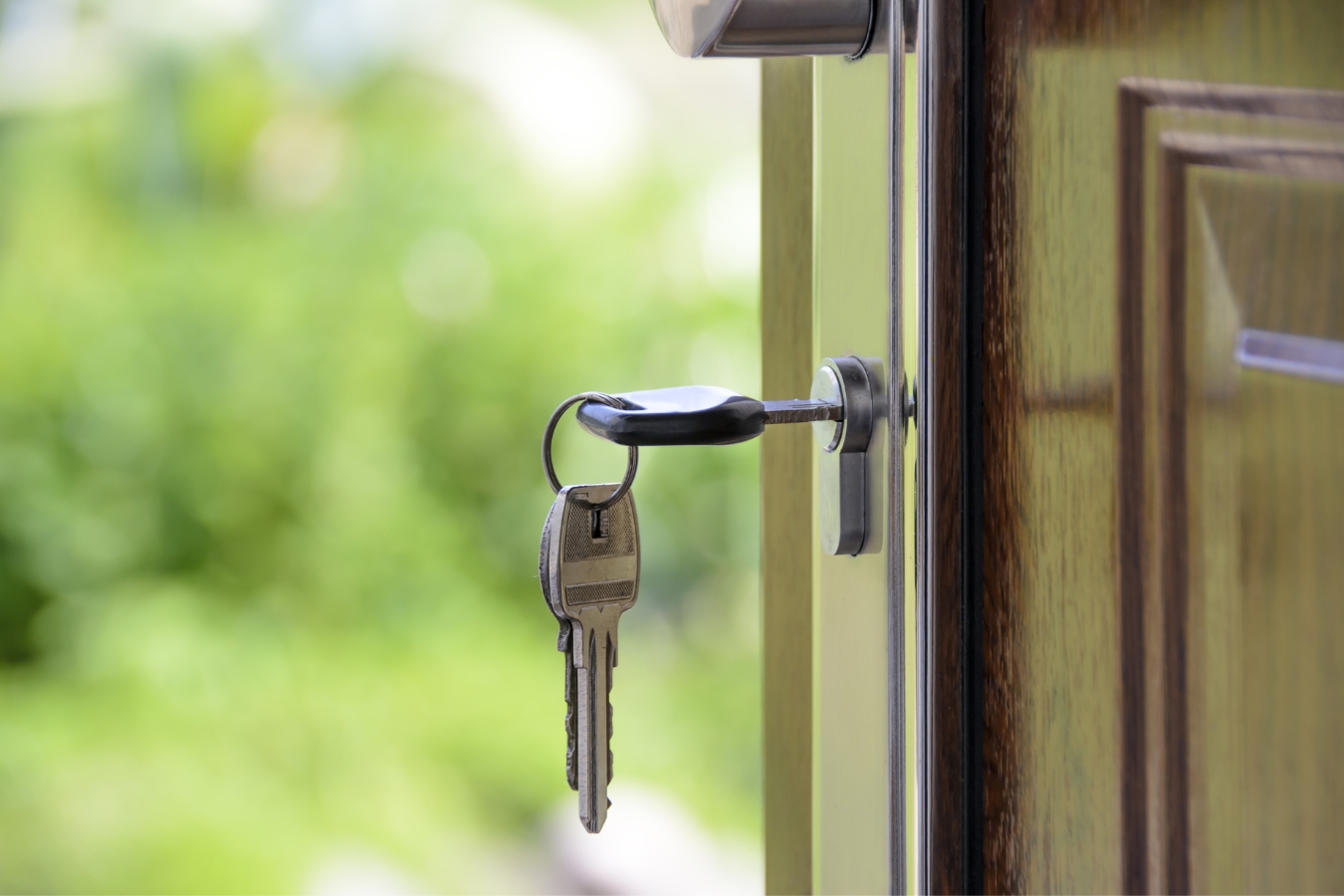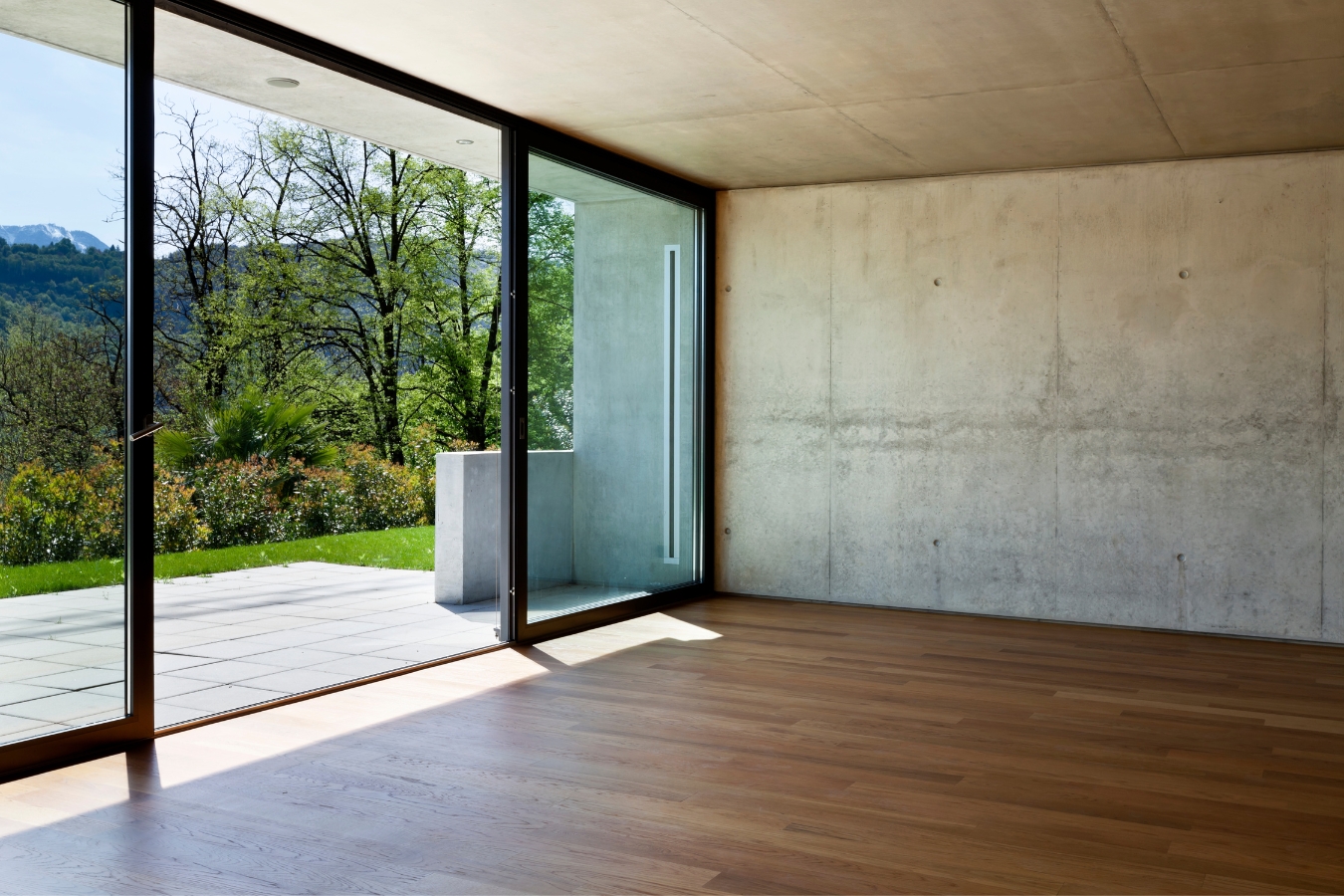The urgent need for a property register in Andorra
For almost a century, since 1922, Andorra has been exploring the possibility of implementing a property registry. In a modern economy, such as the Andorran one, the need for this tool is becoming increasingly obvious. The successful precedents of France, since 1855, and Spain, since 1861, generated an interest on that issue for our institutions.
Even if at the moment, the communal cadastre partially fulfills the functions of a registry, as it indicates who is the owner of a real estate asset, the functions of a registry go way beyond such information.
Thus, apart from indicating who owns the property, the registry also indicates which are the charges on a real estate asset, and which order of preference some charges have on others. It is worth mentioning that this clarifying element is especially necessary, because right now in Andorra the “Saig” (i.e judicial officer) or the Judge can seize the rea estate asset, and in fact, the same property can be seized by both without one knowing that the other has already seized it. On the other hand, the registry also makes it possible to individualize the charges on each property and consequently avoids joint mortgages between various properties. It should be remembered that it was one of the reasons why the Decree of 1 May 1922 was approved, which provided for the creation of a property register with 6 books, one for each Comú.
Therefore, the Property Registry, by disclosing the owner and the charges, promotes legal certainty. Moreover, by allowing the individualization of the charges on the estate, it favors commercial traffic.
In the neighboring countries, access to the data of the property registry is public for anyone with a legitimate interest. Obviously, the idiosyncrasy of the country must not allow such an important access to these data and this legitimate interest may be limited to the owner and the holder of rights over the property. On the other hand, it should be remembered that registering a property is a voluntary act and that the data regarding the ownership is held by each Comú in its cadastre.
Finally, it can be considered that in the case of a new creation, in order to function as correctly as possible, it is advisable that the registry is coordinated with the cadastre, so that the descriptions of each property correspond, from the outset, with the reality of each estate, surface and limits.
In any case, the modernity and legal security that is increasingly requested by Andorran citizens and by foreign investors make it very convenient, if not essential, that a property registry be implemented. Of course, due to the size of our country, there must be a notary at the head of the register, since creating a new body of civil servants for the registry doesn’t make much sense.
Certainly, creating a registry and the corresponding legislation is not easy. A slow study has already been initiated by some institutions and we hope that the “Consell General” (i.e Andorran Parliament) will be able to debate on it in a few years.
.
Legal Department
Augé Legal & Fiscal
Do you want to contact one of our professionals?
+376 803 636
If you wish, you can call us by phone and we will personally attend to your request.
You can also contact our team by sending your inquiry to the following email: info@augelegalfiscal.com or contact us via WhatsApp (Tel: +376 33 33 76).










